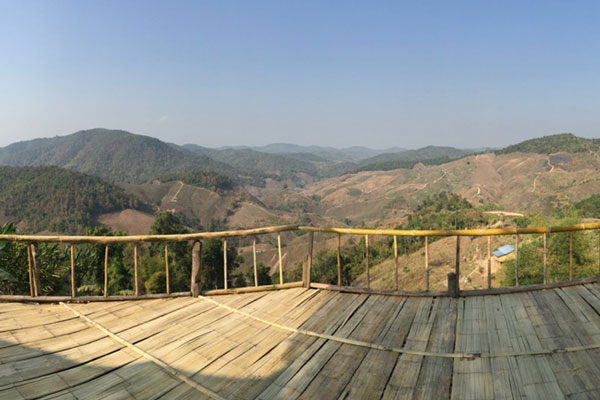Research Highlights

The Sufficiency Economy: The Fundamental of the Community Development in Thailand
November 24, 2017
Comparison between the Effects of Aquatic and Land based Exercise on Respiratory Muscle Strength and Cardio – Pulmonary Fitness in Thai Overweight and Obese Participants
November 25, 2017Lessons Learned in Creating Learning Community and Knowledge Management Processes for Sustainable Development: A Case Study of Pidthong Foundation Project

College of Management, Mahidol University
This research study, funded by Thailand Sustainable Development Foundation (TSDF), presents a review of lessons learned and best practices in Creating Learning Community and Knowledge Management Processes for Sustainable Development based on the analysis of Pidthong Foundation’s turnaround development project in Nan province, Thailand. This research study aims to comprehensively identify, analyze, and translate lessons into best practices and information resources, and then disseminate this knowledge body publicly for use in future project design and implementation. Since 2009, Pidthong Foundation has successfully piloted an integrated-solution project in Nan province. Following the concepts underlying His Majesty the late King Bhumibol Adulyadej’s sufficiency economy philosophy and 23 principles of working practice, Pidthong has transformed the royal initiative concept of sustainable development into reality with the support of the Mae Fah Luang Foundation, other royal projects, and a strong network of civil society organizations, visionary community leaders, and other enthusiastic government/private organizations and individuals. While some earlier studies have extracted lessons learned from specific projects, to our knowledge, there is no comprehensive understanding of Pidthong’s successes regarding the implementation of knowledge management processes and how they create learning community for sustainable development has previously been conducted. The dissemination of best practices based on lessons learned is a strategic priority not only for other development projects within Thailand but also for other government agencies and/or organizations involved with supporting necessary tools for sustainable development of our communities. In addition, the practical model framework and best practices including challenges and recommendations presented in this study could also be applied in other local or international communities that aim for sustainable socio-economic development.

Dr. Sirisuhk Rakthin
College of Management, Mahidol University
sirisuhk.rak@mahidol.ac.th
